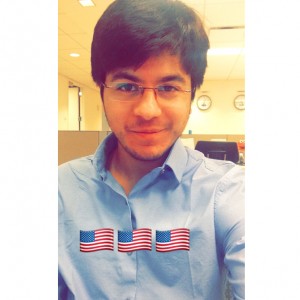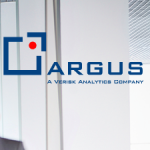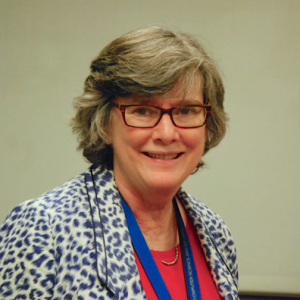 1. Who are you working with this summer? (…and what do they do?)
1. Who are you working with this summer? (…and what do they do?)
I worked with Argus Information & Advisory Services LLC this summer. Argus is a leading provider of analytics, information and solutions to consumer banks and their regulators. They help their clients maximize the value of data and analytics to allocate and align resources to strategic objectives, manage and mitigate risk (default, fraud, funding and compliance), and optimize financial objectives.
2. Can you tell us a little about what you are doing? (We might not understand the technicalities, but we’d love details!)
I was tasked with developing and deploying Tableau Reports for use by the ETL Production and Client teams within Argus. I developed two separate Tableau Reports covering system-wide metrics for SQL loading and server status, and an inbound file tracker. This involved developing the reports themselves within Tableau, as well as the necessary SQL Server tables and stored procedures to obtain the data. Once developed, these reports were deployed to a Tableau Server and Argus’ main server.
Alongside the internship project, I worked with the production ETL processes including in-house file and SQL Server loading automation, SAS file conversions, WinSCP FTP troubleshooting, and data ticketing platforms. 
Outside of my professional responsibilities, I served as a team captain for the company’s annual summer soccer tournament.
3. Is there a particular class or professor at Seidenberg that has helped you prepare specifically for your current internship? (Clearly, we’re all about shout outs this summer!)
All the database related classes that I took in my Fall 2014 and Spring 2015 semesters helped me to a great extent during my tenure there. They involved Database Management Systems (Prof. Namchul Shin), Data Warehousing, Mining & Visualization (Prof. Chienting Lin), and Database Design & Dev of Web (Prof. Hsui-Lin L. Winkler).
4. Does your new office have a favorite restaurant/hangout they go to after work? (No! we’re not going to show up like proud parents!)
Almost everyone in the office goes for lunch together at the mall right outside Argus, called ‘The Galleria at White Plains.’ And for after work drinks there is one huge strip on Mamaroneck Avenue flooded with restaurants and bars, “The Brazen Fox” and “Black Bear Sports Bar” being everyone’s favorites.
Chinmay Juneja is working towards his MS in IS and also works as a student assistant in the Seidenberg offices. Another Seidenberg student, Nachiket Pingle, also spent his summer working at Argus with Chinmay!



